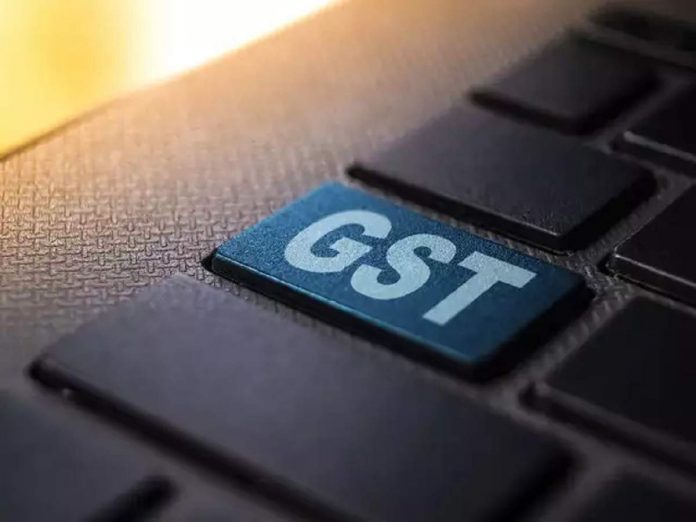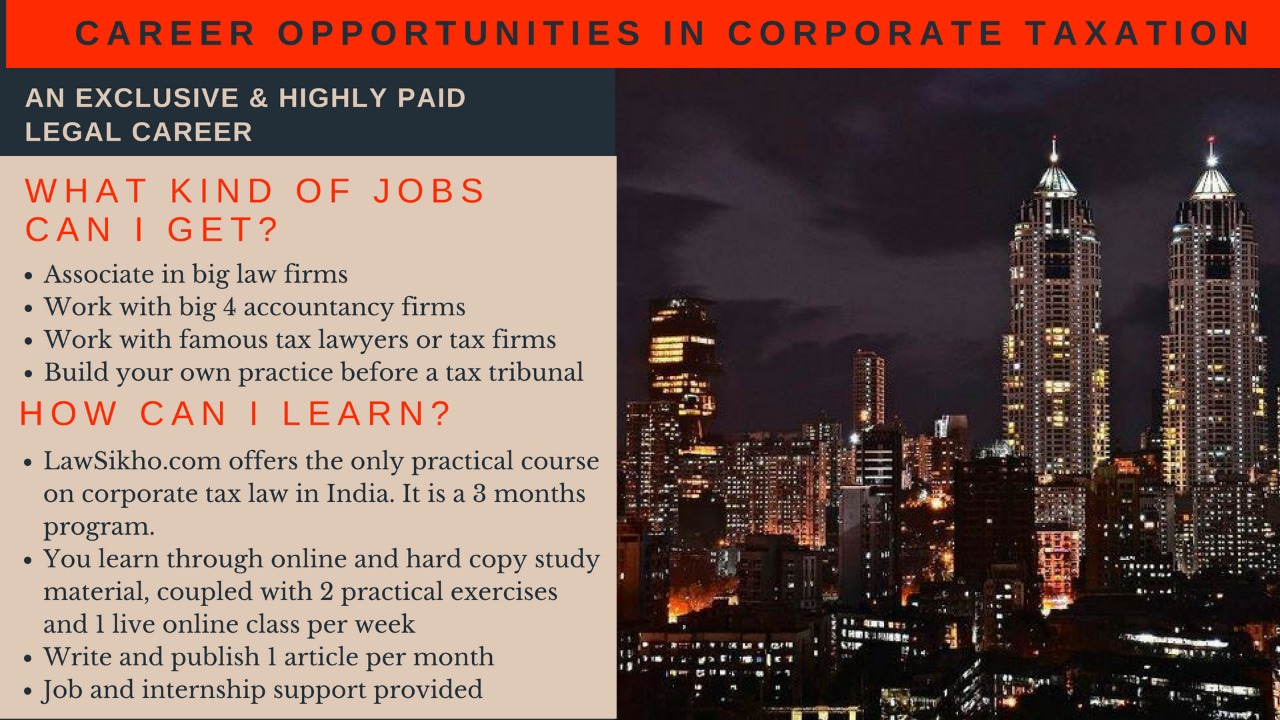This article is written by Lara Murrar, pursuing a Diploma in Advanced Contract Drafting, Negotiation and Dispute Resolution from LawSikho.com.
The remuneration of directors refers to the Company’s compensation for the services rendered by its directors. This can be by fees, salaries, or the use of assets from a company.
The remuneration paid to directors can only be received upon the approval of the company’s shareholders and board of directors. A director can be an executive director, a non-executive director, a managing director, an independent director, a small shareholder director, a women director, an additional director and/ or an alternate director depending on their responsibility towards the company.
Due to the massive debate in reference to when does the Goods and Services Tax apply on the remuneration paid to directors working at companies in India, the Central Board for Indirect Taxes and Customs (CBIC) has ultimately released a clarification explaining when does the GST apply on the director’s remuneration according to the CGST circular no. 140/2020 dated 10 June 2020.
This clarification has been released after two different benches of the Advance Ruling Appellate Authority declared contradictory advance rulings in the case of Karnataka Authority of Advance Ruling in the case of M/S Alcon Consulting Engineering (India) Pvt Ltd (KAR ADRG 83/2019 dated 25th Sept 2019) and Rajasthan Authority of Advance Ruling in case of Clay Craft India Pvt Ltd (RAJ /AAR/2019-20/33 dated 20th Feb 2020). The CBIC’s new circular differentiates between directors who are also company employees or full-time directors, and others who serve as independent managers.
Accordingly, when is the remuneration of a director considered subject to the Goods and Services Tax (GST)? This question will be answered in this article, which will cover the Applicability of Goods and Services Tax on the Remuneration of Directors.
Table of Contents
CBIC Circular Regarding the GST Applicability on Directors Remuneration
On 10 June 2020, the Central Board of Indirect Taxes and Customs has issued a clarification on the ongoing debate about the GST applicability on directors’ remuneration under Schedule III of the Central Goods and Services Tax Act (CGST Act), 2017.
According to the GST law, services rendered by an employee to the employer pursuant to the employment agreement are neither regarded as the supply of goods nor supply of services. Therefore, in such situations GST is not leviable. However, in case the services are not considered as an “employer-employee”, then GST is imposed on such remuneration. In that case, as per Notification No. 13/2017, the company which is the service recipient is obliged to pay the GST dues to the government on a reverse charge basis.
Thus, one may say that the CBIC has divided GST applicability on the director’s remuneration into two categories:
- GST applicability on the remuneration of independent directors or directors who are not classified as employees of the company; and
- GST applicability on the remuneration of whole-time directors including managing directors who are classified as employees of the company. Let us look at each of these categories in detail.
GST Applicability on the remuneration of Independent Directors
The CBIC referred to Section 149(6) of the Companies Act, 2013, with the provisions of Rule 12 of the Companies (Share Capital and Debentures) Law, 2014, in order to clarify the concept of independent directors, and provided that independent directors are directors who have no direct involvement with the Company. Usually they give the board of directors’ professional advice as and when necessary. They do not engage in the company’s day-to-day operations and are not listed as employees or shareholders or partners in that company for at least three years before being appointed as an independent director.
Thus, the services provided to the said company by the independent directors do not fall within the scope of Schedule III of the CGST Act and therefore are taxable. Therefore, the company, which is also the services recipient, is responsible to pay GST at (18%) on the total amount of the remuneration of its director’s.
GST Applicability on the remuneration of Company’s Executive Directors
An Executive Director is defined under the Companies Act, 2013 as is a full-time working director of the company/whole-time director/managing director. This definition can be considered as an inclusive definition. So, such director may end up getting remuneration as an employee and not as an employee also.
Consequently, it is important to differentiate between a full-time executive director who is considered as an employee to the company and a full-time executive director who is not considered as an employee to the company.
GST Applicability on the remuneration of Full-time Executive Directors (Employee)
In the case of full-time directors, the activities were analyzed based on “service contract”, CBIC had indicated that in the case of a dual-capacity director employed by the company, for example a person who works as a director for the company as well as an employee, the work of the employee may be related to a service contract (employment) entered into with the company.
Remuneration paid to directors are subject to a Tax Deduction at Source (TDS) based on Section 192 of the Income Tax Act, 1961 (IT Act). Nevertheless, other directors receive their remuneration as professional fees and not as a salary, therefore, according to Section 194J of the IT Act, the TDS for such directors is also deductible.
The CBIC clarified that, according to Section 192 of the IT Act, the remuneration for the directors paid in the type of wages and whose TDS is collected is non-taxable. Yet, the directors whose remuneration is paid other than the wages and whose TDS is collected is considered as taxable under the reverse charge mechanism under Section 194J of the IT Act.
Standards for the director to be considered as an “employee”
Service Contract: The duties of the director are within the scope of an employer-employee relation.
- TDS is payable on the director’s salary under Section 192 of the Income Tax Act.
- Listed in account books under “Salaries”.
- If any of the conditions is met, GST shall not be levied on the remuneration paid to the executive / full-time director / managing director of the company.
GST Applicability on the remuneration of Full-time Executive Directors (not an Employee)
Conditions in which the director is not considered as an “employee” are as follows:
- Service Contract: the services of the director are considered as professional services, regardless of the name and description of the director.
- TDS is payable on the director’s fees/remuneration under Section 192J of the Income Tax Act.
- Listed under a different heading in the account books, distinct from “Salaries”.
- If any of the conditions is met, the services rendered to the company by a director will be subject to GST at (18%) under GST reverse charge mechanism.
GST Applicability on the Cost-to-Company Remuneration of Directors
The role of taxation of perquisites was explained in the press release dated 10 July 2017. In the aforementioned press release it was stated that an employee’s services to the employer in the course of or in relation to his employment are not within the scope of GST (neither supply of goods nor service).It follows that, in the terms of the contractual agreement between the employer and the employee, the supply by the employer to the employee would not be subject to GST.
In addition, the GST scheme for input tax credit (ITC) does not allow ITC membership of a club, health, and fitness center under (Section 17(5)(b)(ii)). Therefore, if the employer offers such facilities free of charge to all its employees then the same would not be subject to GST, assuming that the relevant GST has been charged when the employer procures such facilities. The same applies to the rent-free housing facility provided to employees if it is part and parcel of the cost-to-company (CTC) in terms of the contract between employer and employee.
The aforesaid circular does not cover commission / brokerage payable to the director. But based on that same circular, one can assume that if Commission / Brokerage is paid to the employee director and is listed as salaries in the company’s book on which TDS is deducted under section 192 of the IT Act, the GST would not applicable in regards of entry no. 1 of Schedule III of the CGST Act 2017. Nevertheless, if commission/brokerage is paid to an employee director or a director who is not an employee of the company if it is listed in company books as commission/brokerage and on which Income Tax TDS is deducted pursuant to section 194 H of the IT Act, then the same shall not be within the scope of Schedule III of the CGST Act and is therefore taxable in regards of entry SI No. 6 of the Table attached to notification No. 13/2017- Central Tax (Rate) dated 28-06-2017 and the company shall be responsible to pay the applicable GST on it on reverse charge basis.
GST Applicability on the remuneration of non – Executive Directors
Non-executive directors are not engaged in the company’s day to day operations. Usually they are engaged in the planning and decision making in the company’s best interests.
Furthermore, the relationship is mainly “Service Contract”, TDS gets attracted to the remuneration/fees charged under Section 194J of the Income Tax Act, which is listed apart from the “Salaries” in the company’s account books.
The services rendered to the company by a non-executive director are subject to GST under GST ‘s reverse charge mechanism. The (18%) GST rate applies to the overall directors’ remuneration.
Conclusion
Since the above-mentioned circular has explained where GST is applied to the remuneration of the directors and when it is not, it is highly necessary that companies should ensure that employment contracts with employees (directors) are carefully written in order to prevent complications and lawsuits later, for example, the extent of the employee benefits should be clearly described and CTC break-up should also be provided.
References
- https://taxguru.in/goods-and-service-tax/analysis-gst-applicability-directors-remuneration.html
- https://taxguru.in/goods-and-service-tax/analysis-gst-applicability-directors-remuneration-part-ii.html
- https://www.lexology.com/library/detail.aspx?g=9ad4f27f-22ca-4fae-a67f-0577488eeac2
- https://www.avalara.com/in/en/blog/2020/06/cbic-clarifies-applicability-of-gst-on-directors-remuneration.html
- https://cleartax.in/s/gst-directors-remuneration
- https://www.thehindubusinessline.com/economy/policy/gst-to-be-levied-on-remuneration-paid-to-independent-director/article31797946.ece
Students of Lawsikho courses regularly produce writing assignments and work on practical exercises as a part of their coursework and develop themselves in real-life practical skill.
LawSikho has created a telegram group for exchanging legal knowledge, referrals and various opportunities. You can click on this link and join:
 Serato DJ Crack 2025Serato DJ PRO Crack
Serato DJ Crack 2025Serato DJ PRO Crack











 Allow notifications
Allow notifications


